I heard people enthuse about python years ago but I said I could not be bothered to learn new languages when I already understood C and C++. Most gadgets I meet at work have a small microcontroller, with embedded software is written in C, and can't support a large interpreter.
However, I do need to work with PC-based test rigs and these do use python. So I had to look at some test rig code. Thankfully it was very well written and organised which made it very easy for me to read and work out what was going on. I'm sure that many peoples' code is not so well written and that includes myself.
Writing code is a different matter, the best way to get good at something is practice, practice and practice. So here I am setting myself learning exercises.
 Keith
Keith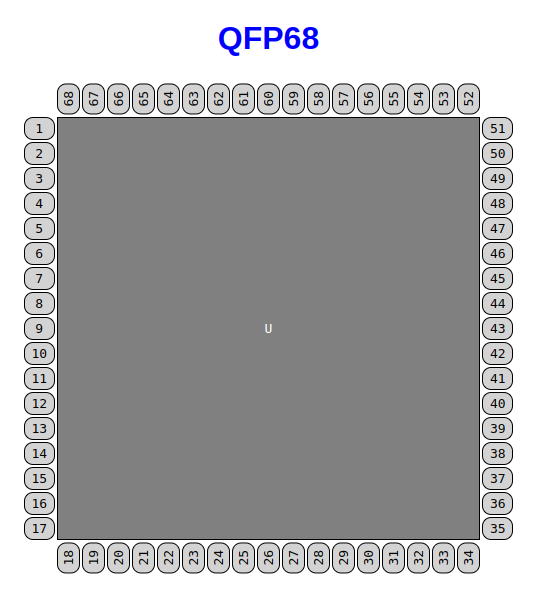
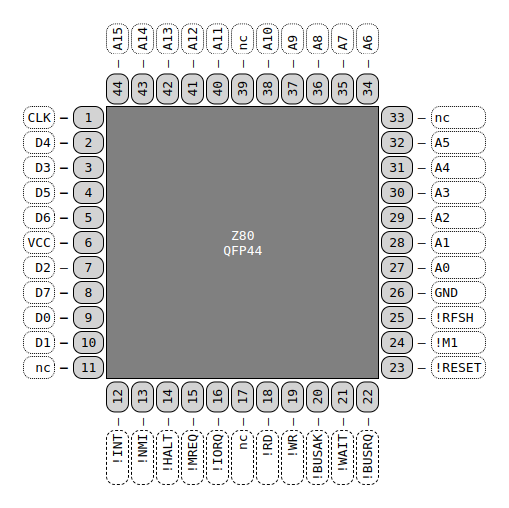
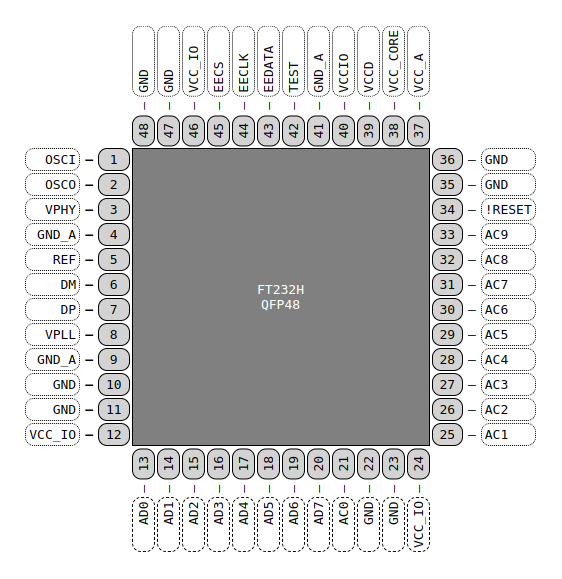
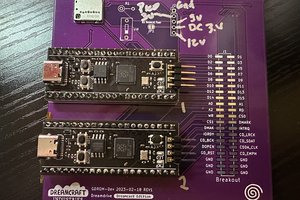
 Kaili Hill
Kaili Hill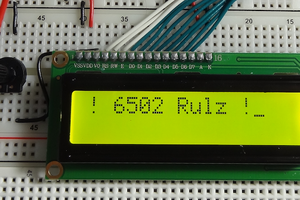
 Jim Jagielski
Jim Jagielski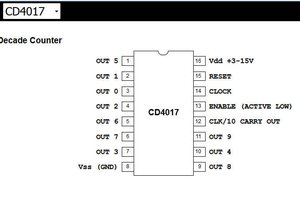
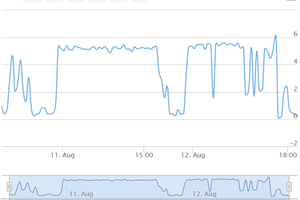
 Matt
Matt